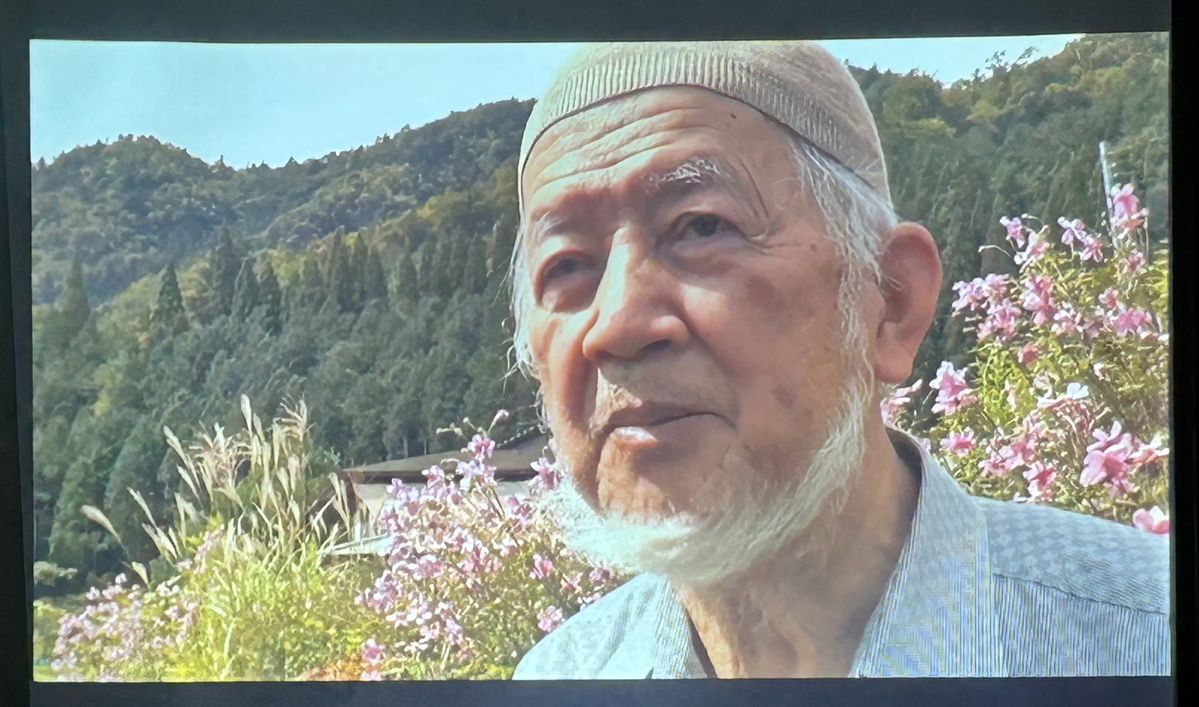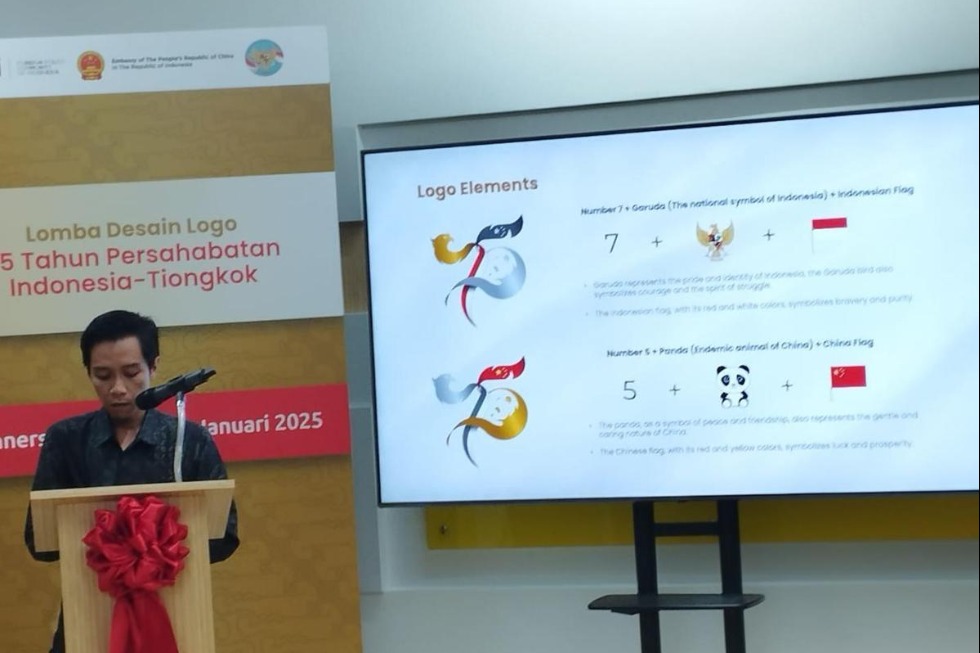Documentary sheds light on untold stories
Individual efforts to collect evidence of Nanjing Massacre detailed in film


Hope expressed
He expressed hope that the Japanese government and corporations would take history seriously and reflect on their past actions.
"I hope that through such initiatives, justice can be restored and fairness achieved so that the Japanese people understand the immense suffering the Chinese endured," he said. "We remain willing to cooperate with the Japanese people in a spirit of friendship and do not wish to see such acts of aggression ever happen again."
Historical issues remain deeply connected to present-day realities, said Meng Xiaoxu, a research fellow at the Institute of Japanese Studies of the Chinese Academy of Social Sciences.
Meng observed that Japan appears to be moving away from its constitutional commitment to peace, increasingly aligning with the United States and other like-minded countries in efforts to contain China.
He pointed out that Article 9 of Japan's Constitution explicitly states that the Japanese people forever renounce war as a sovereign right of the nation and the threat or use of force as a means of settling international disputes.
"Japan has adopted Western theories of international relations and embraced containment strategies," Meng said.
"Doesn't this echo Japan's history during World War II, when it justified its policies as self-defense against Western powers but ultimately pursued a path of aggression toward East Asia? Is the current trajectory leading in a similar direction? This is a question worth serious consideration."
Wang Yi, a member of the Political Bureau of the CPC Central Committee and director of the Office of the Central Commission for Foreign Affairs, emphasized that only by honoring commitments can the political foundation of China-Japan relations be unbreakable.
He delivered this message in a video speech at the 20th Beijing-Tokyo Forum on Dec 4.
Wang expressed the hope that visionary people in Japan can draw lessons from the mistakes they have made in the past, demonstrate once again their determination to uphold peaceful development, and rediscover the correct way to coexist with neighbors.
In recent years, both Japan's independent measures and actions within the framework of the US-Japan alliance have focused on expanding military capability.
The Japanese government is planning to raise taxes as early as April 2026 to fund its proposed expansion in military spending, Kyodo News reported.
Japanese Prime Minister Shigeru Ishiba's administration aims to generate revenue through corporate, income, and tobacco taxes to achieve its goal of nearly doubling Japan's military budget to 2 percent of GDP over the five years through the 2027 fiscal year.
"The trend of Japanese militarism making a resurgence is becoming increasingly serious, and I feel a sense of crisis about it," said Lin, the documentary's protagonist. "We must raise our voices, and together with those who truly value peace, we must firmly oppose any revival of Japanese militarism."

































